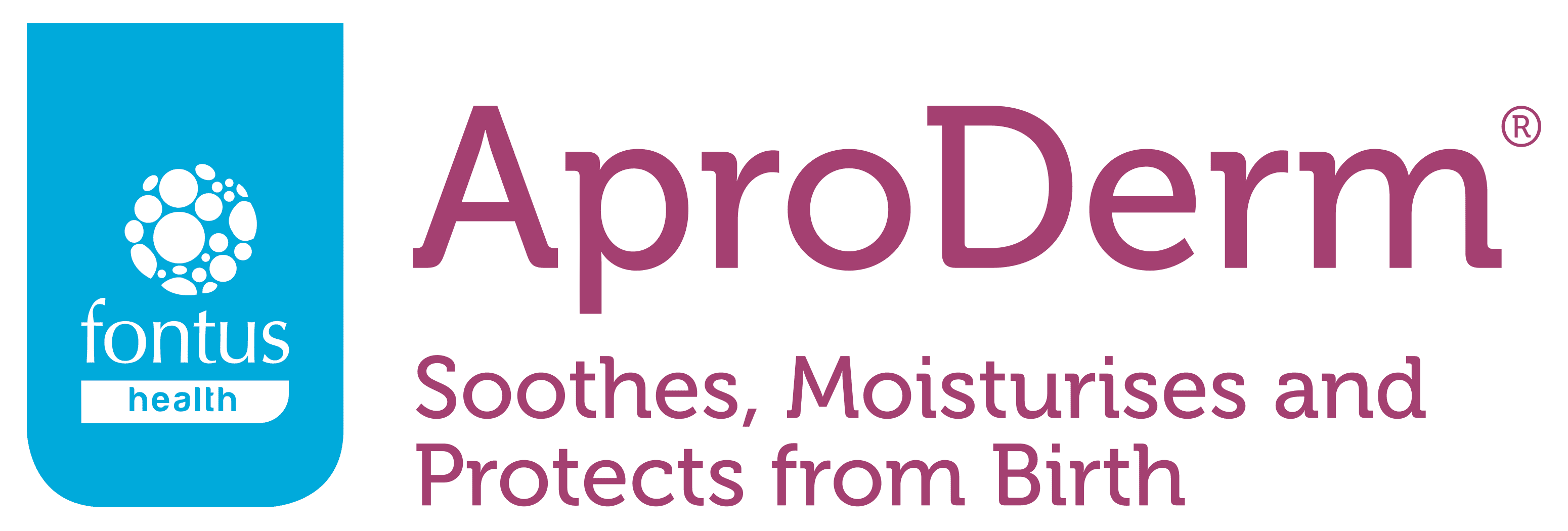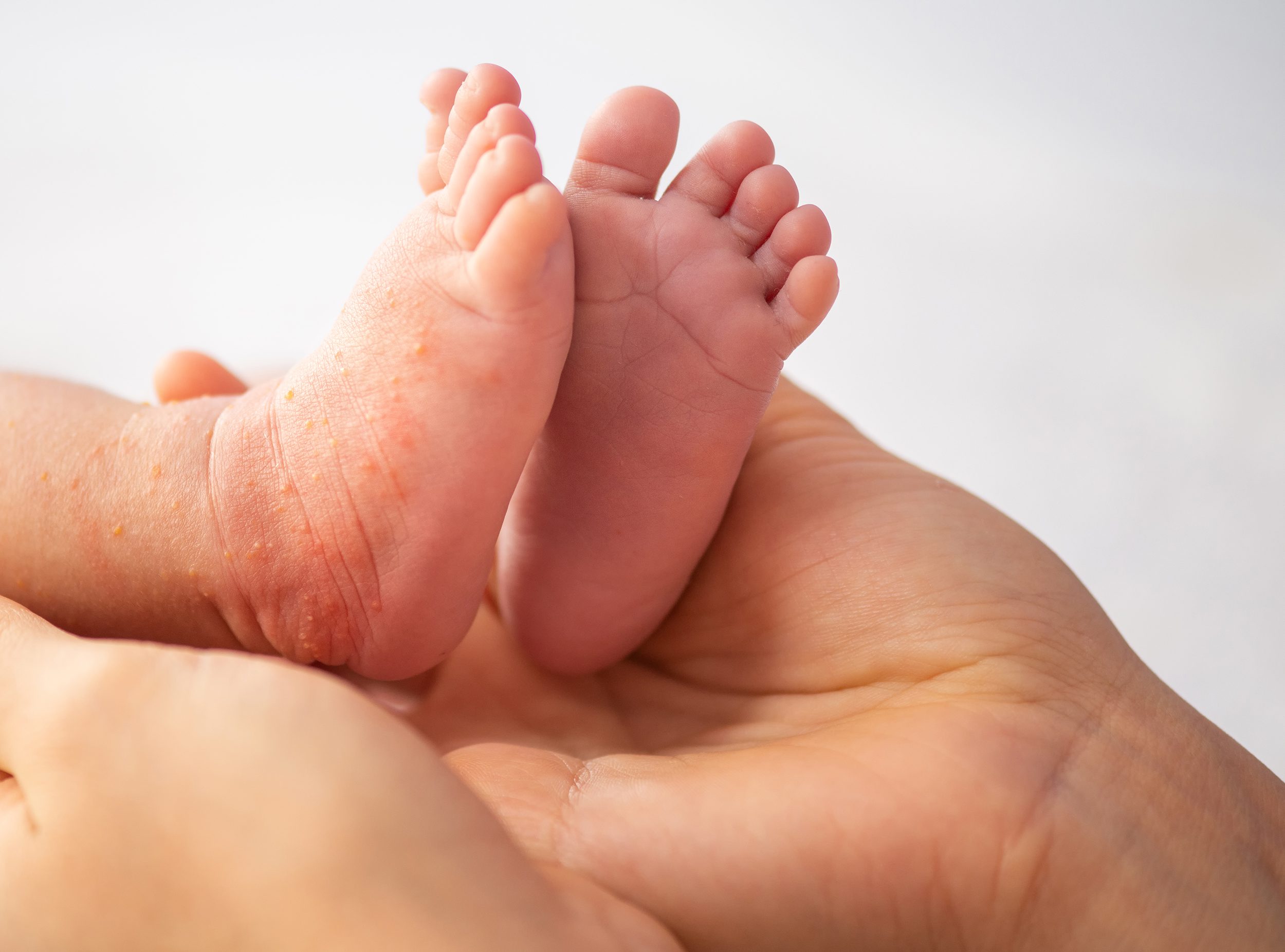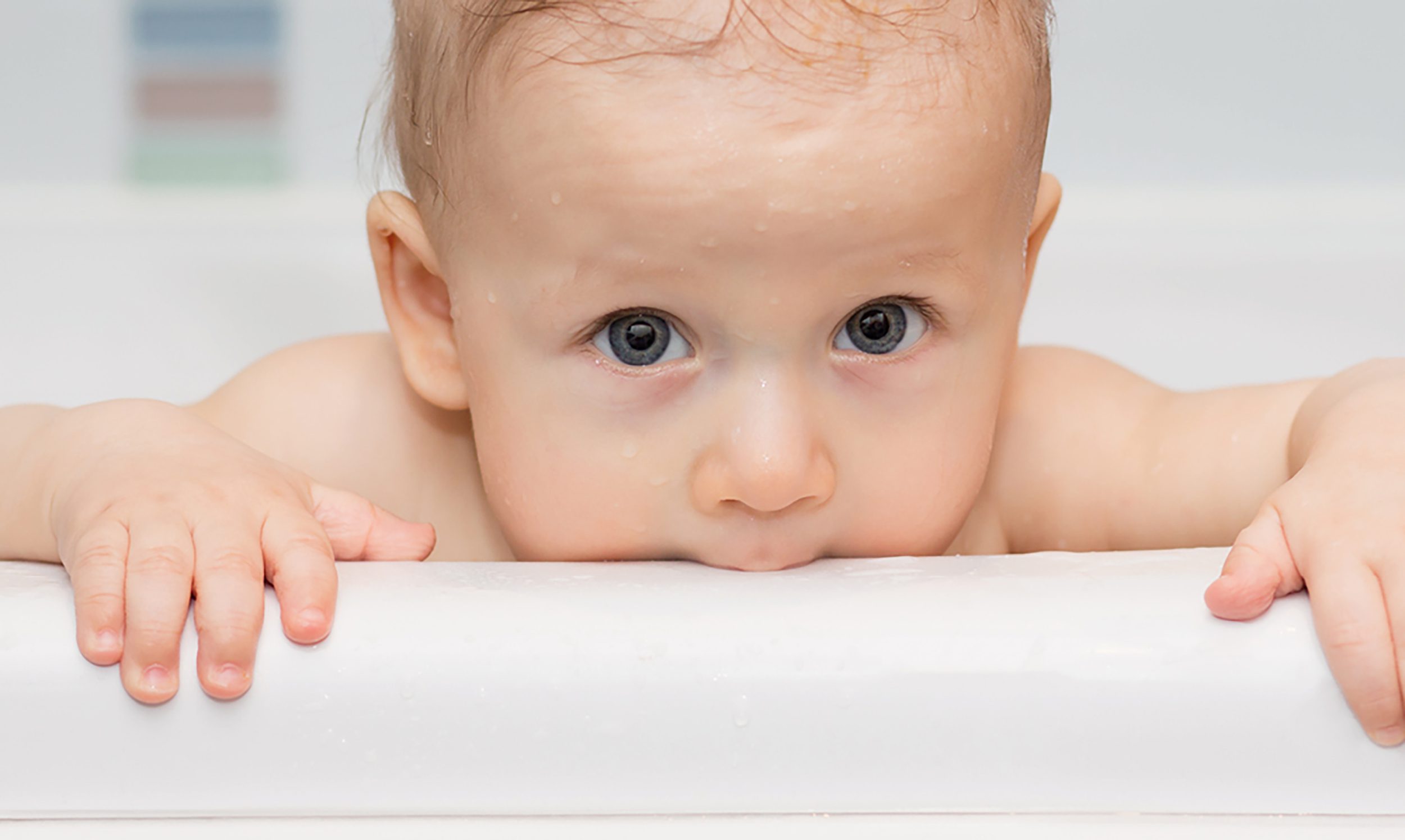May 1st is the beginning of Maternal Mental Health month, which highlights mental health concerns affecting mothers and families across the globe. Maternal mental health is an important issue. Across the world, around 1 in 5 new mums suffer from some sort of perinatal mood and anxiety disorder or PMAD.
Having a baby is a huge life event. The hormonal changes around pregnancy, and the enormous impact pregnancy and parenthood have on lifestyle, make women vulnerable to mental illness in the perinatal period. Symptoms can develop at any time, from conception, throughout pregnancy and during the first year after childbirth.
Common mental disorders experienced during pregnancy and after birth
Mums can experience a number of mental health disorders during pregnancy and after the birth. The problems can range from low mood to psychosis. New mums and pregnant women can get postnatal and antenatal depression, postpartum anxiety, postpartum obsessive compulsive disorder, postpartum bipolar, postpartum psychosis and post-traumatic stress disorder (PTSD) following the birth.
A hidden problem?
Experts estimate that as many as 7 in 10 women conceal or cover their problems. Too many women feel ashamed of their symptoms. This can make them more likely to experience depression and less likely to access the help they need. Without the right care, mental health disorders can be devastating for the women affected as well as their families.
Breedagh Hughes from the Royal College of Midwives said that postnatal depression is still a taboo topic.
“There is this societal expectation that when a woman gives birth she should be happy, jolly and delighted with herself. In fact, women who suffer from post-natal depression then try to compensate by trying to be a perfect mother, but emotionally there is nothing there.”1
Women who have experienced perinatal mood and anxiety disorders report that they’ve suffered pain and trauma as a result. As many as nine out of ten people with mental health problems said that they’d experienced stigma. So, it’s important to increase awareness and understanding.
No one is immune
No one is immune to mental health problems in the perinatal period. They can affect women of every age, race, income and background. However, the good news is that there are many effective treatments available to help mothers recover. Hopefully, increasing awareness of maternal mental health, and providing better access to therapy, medication and specialist mother and baby units will mean that women in need will get the help they need.
Mental health and the family
Maternal mental health problems affect the whole family. If a mother is unwell, it can be increasingly challenging to function effectively. Some people turn to alcohol or drugs as an emotional crutch. This can affect the healthy development and wellbeing of an infant or unborn child. A survey by the Royal College of Obstetricians and Gynaecologists, shows that 1 in 8 partners also experience mental health problems. Sadly, most received no support.2 The World Mental Health Day experts recommend supporting the whole family’s mental health. Enabling parents and children to thrive as a family unit.
Managing mental health problems
If you’re struggling, it’s important to get help as soon as possible. See your GP, midwife or health visitor. The sooner you act, the sooner you can get the help you need to feel better. The right treatment will depend on your symptoms but could include:
- Medication: Medication can make an enormous difference to women with depression, anxiety, OCD and puerperal psychosis. The right drug treatment can control symptoms, allowing you the space and time to heal. There are many effective medications that are safe during breast-feeding. Talk to your GP about the pros and cons of treatment, so that you can make the right choice for you.
- Talking therapies: Evidence-based psychological therapies such as interpersonal therapy can help you talk through your feelings and work through ways to cope. Cognitive Behavioural Therapy is a type of counselling. CBT helps you change negative ways of thinking so that you can better deal with panic attacks, anxiety and stress.
- The Wellbeing Plan: The Wellbeing Plan is endorsed by the National Institute for Health and Care Excellence (NICE). It can help you think about your emotions and the help you might need during pregnancy and after childbirth. It can help you structure your thoughts. Consequently, making it easier to start a conversation about your mental wellbeing with your partner or a healthcare professional.
- Self-help: There are ways to build resilience and deal with feelings of depression. Eating a healthy diet, exercising regularly, getting enough rest and sharing with friends can all help. However, it’s still important to access professional support.
Get help and find out more
There are excellent sources of information and support. PANDAS Foundation support women with perinatal mental health problems as well as their networks (friends, family and even employers). They also campaign to increase awareness and decrease stigma. They offer help lines, support groups and forums. The Association for Postnatal Illness provides information and telephone support on 020 7386 0868.
Breast milk is designed by nature as the perfect nourishment for your baby. Babies fed exclusively on breast milk for the first six months are healthier, with breastfeeding offering protection from infections, reducing the risk of your child becoming obese and developing diabetes, asthma and eczema later in life. With these benefits, why does the UK have among the lowest breastfeeding rates in the world?
Only around four in ten babies in the UK are still being breastfed by the time they are six to eight weeks of age. If we compare this statistic with the rates in Norway, where an impressive seven in ten babies are still breastfed at six months, it’s clear that the UK has much work to do. Some women may struggle to breastfeed, or they may have good reasons not to, however surveys suggest that many women don’t breastfeed because of fears of feeding in public and the perceived social stigma.
World Breastfeeding Week
The first week of August is World Breastfeeding Week, so it’s a good time to explore the reasons why the number of mums choosing to breastfeed in this country is currently so low and according to the Royal College of Paediatrics and Child Health (RCPCH) shows ‘little sign’ of improvement.
Problems with public breastfeeding
Many women are worried about feeding in public and media reports of women being humiliated in shops or open spaces only feed that fear. It is against the law in the UK to ask a woman to leave a public place because she is breastfeeding and research by Public Health England’s parenting service, Start4Life, shows that the majority of people (72%) support public breastfeeding, however these factors don’t appear to be affecting women’s feelings and choices.
More than one in three mothers avoid breastfeeding in public and six out of ten take steps to hide the activity as much as possible. That discomfort and embarrassment are part of the reason that breastfeeding rates drop off. Many mums start off feeding their babies by breast (74%) but just six to eight weeks later, that figure has tailed off to just 47%. In the Start4Life survey, one in ten women who chose not to breastfeed said one of the reasons for their choice was anxiety about feeding in public.
Dr Ann Hoskins from Public Health England said:
‘Breastfeeding gives babies the best start in life, and it comes with a whole host of benefits for the mother too. Anxiety about breastfeeding in public certainly shouldn’t be a barrier to breastfeeding in general. One of the great benefits of breastfeeding is that it can be done anytime and anywhere, so as a society we need to help new mothers feel comfortable in feeding their babies wherever and whenever they need to, and we all have a role to play in that’.

Any time, any place, anywhere?
The Start4Life survey was interesting because some of the results suggested that people had conflicting feelings about breastfeeding in public, with significant numbers not listing restaurants and public transport as acceptable venues. Is it any wonder that women are nervous?
A survey earlier this year by The Baby Show confirmed the problem. Although the vast majority of new parents felt that mums should be able to feed whenever and wherever they needed, about 85% of mums say they simply don’t feel comfortable about doing so because of social stigma.
Dr Gill Thomson who is part of the Maternal and Infant Nutrition and Nurture Unit at the University of Central Lancashire says that as a country we need to do more to give women the confidence and freedom to breastfeed their babies.
‘Worries about stigma and embarrassment around breastfeeding can lead to some women feeling unable or unwilling to breastfeed in public. This can lead to isolation and some women stopping breastfeeding before they intended to. Breastfeeding is the most natural, healthy, best start a mother can provide for her infant. While legislation is in place to support public breastfeeding, more needs to be done to address the negative cultural attitudes that can undermine this choice’.
We all have a role to play in promoting acceptance of breastfeeding. If more mothers feed their babies in public, it will increase awareness and become a normal and everyday occurrence. If mothers hide away in loos or shroud themselves in wraps, smocks and blankets we may be perpetuating the idea that it is shameful or embarrassing. If you’re worried about breastfeeding in public ask other mums, your midwife or your health visitor for good places to feed in your local area and keep an eye out for Breastfeeding Friendly or Breastfeeding Welcome stickers. Breastfeeding can be a beautiful bonding experience, it’s free and it can boost your health and that of your baby. Something that great, really should be encouraged not stigmatised.
For more information on Breastfeeding welcome scheme, please visit https://www.breastfeedingwelcomescheme.org.uk/














